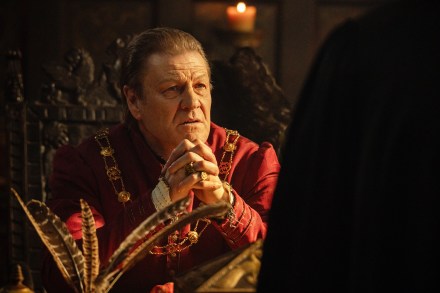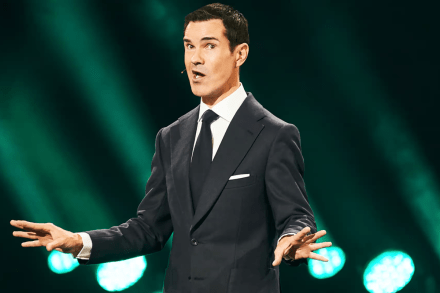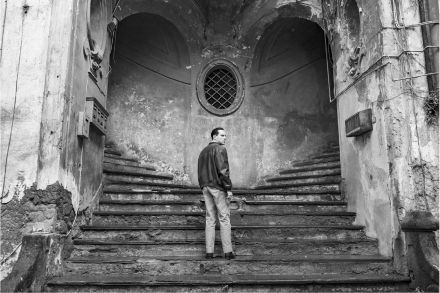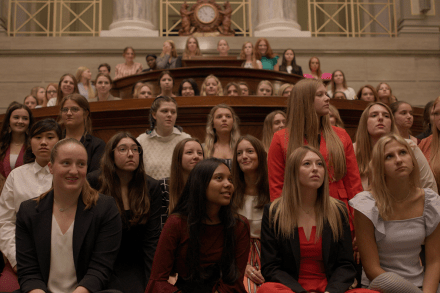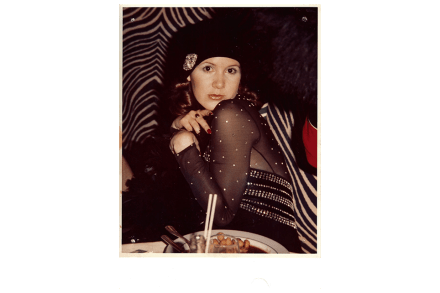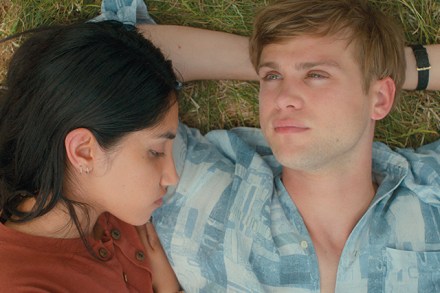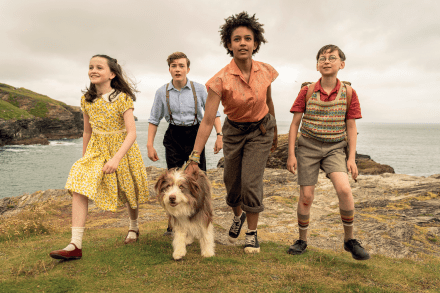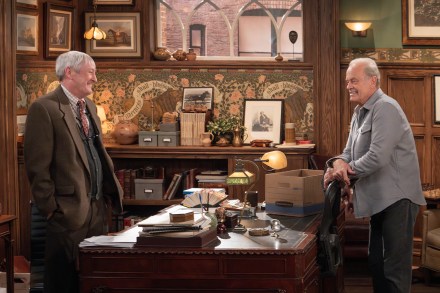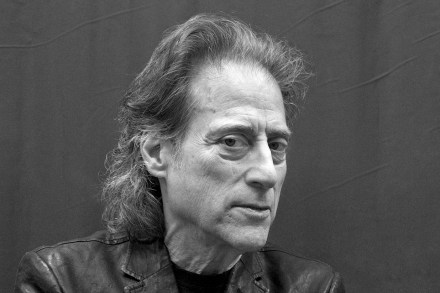Why did C.J. Sansom approve this moronic Disney+ Shardlake adaptation?
What would C.J. Sansom have made of the Disney+ version of his novel series about 16th-century crookback lawyer Matthew Shardlake? Sadly, because he died just a few days before its release, we’ll probably never hear the full story. But this comment from the show’s producer offers a hefty clue: ‘Chris [Sansom] has been enormously generous and he wants more people to read the books, and this is such a good way.’ Sounds very much like Sansom accepted this atrocity of an adaptation as a necessary evil: his books had been stuck in development hell for nearly two decades (possibly, because his labyrinthine whodunits about monastic reform and court politics in
